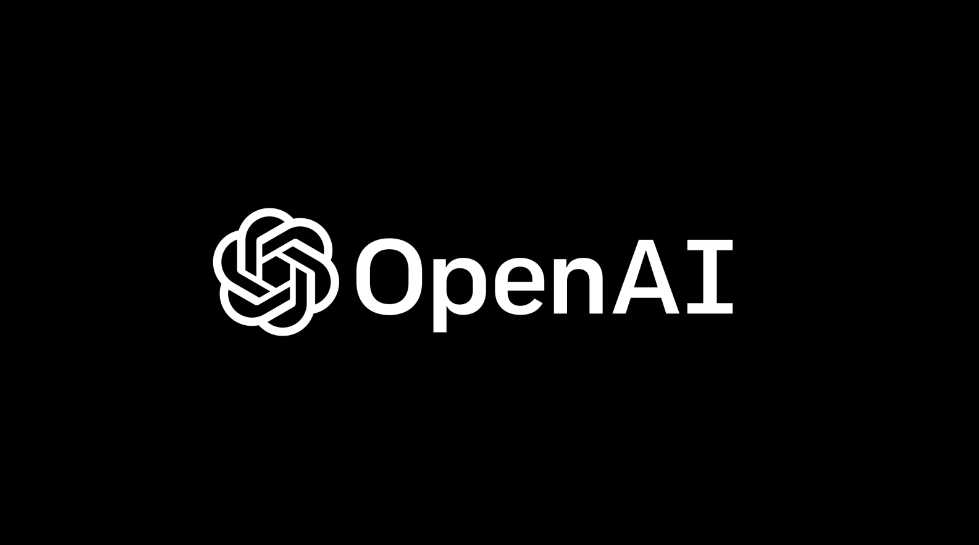OpenAI is involved in copyright litigation! The New York Times and the Daily News sued OpenAI for using their news content to train AI models without authorization. This high-profile case has taken a dramatic turn recently: OpenAI engineers accidentally deleted virtual machine search data that may become key evidence, posing huge challenges to the trial of the case. The editor of Downcodes will give you a detailed explanation of the incident and its far-reaching impact on the development of artificial intelligence and intellectual property protection.
The New York Times and the Daily News suffered an unexpected twist in their copyright lawsuit: An OpenAI engineer inadvertently deleted virtual machine search data that could have been key evidence, adding another layer of drama to a high-profile legal dispute.
Lawyers and technical experts from the two media companies had previously spent more than 150 hours searching OpenAI's AI training data set, according to a letter filed late Wednesday in the U.S. District Court for the Southern District of New York. However, on November 14, an OpenAI engineer accidentally deleted all search data stored on the virtual machine.

Although OpenAI subsequently tried to recover the data and achieved basic success, since the folder structure and file names were irreparably lost, the recovered data could not actually be used to determine the specific location of the copied news article in the AI model.
The plaintiff's lawyer emphasized that there is currently no evidence that the deletion was intentional. However, the incident highlights OpenAI's technical capabilities in searching for potentially infringing content in its own data sets.
The case highlights a legal gray area in the use of artificial intelligence training data. The two media giants pointed out that OpenAI’s accident not only wasted a lot of manpower and computing resources, but may also affect the key evidence chain in the upcoming legal proceedings.
Currently, OpenAI refuses to comment on this incident. This lawsuit is not only about copyright, but may also set an important milestone for the protection of intellectual property in the era of artificial intelligence.
This incident not only had a negative impact on OpenAI, but also sounded the alarm for other artificial intelligence companies, reminding them that they need to be more cautious in data management and intellectual property protection. The final outcome of the case will have a profound impact on the future development of artificial intelligence technology and legal regulations, and deserves continued attention.